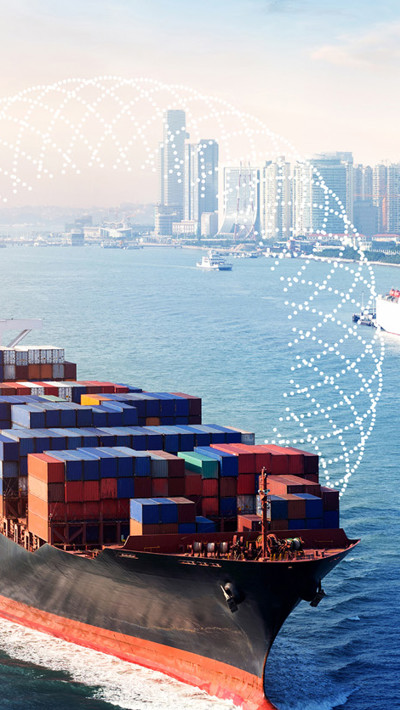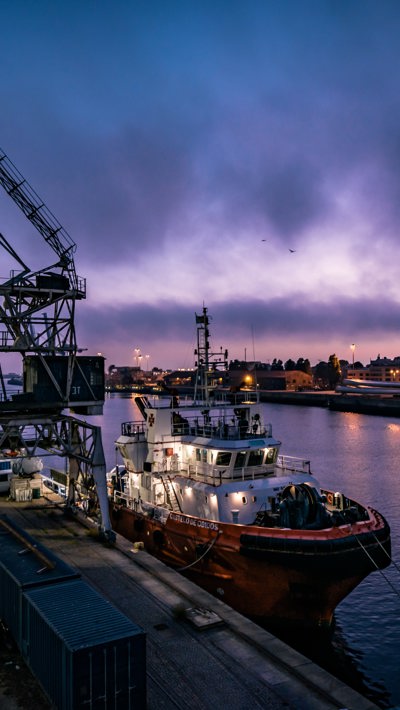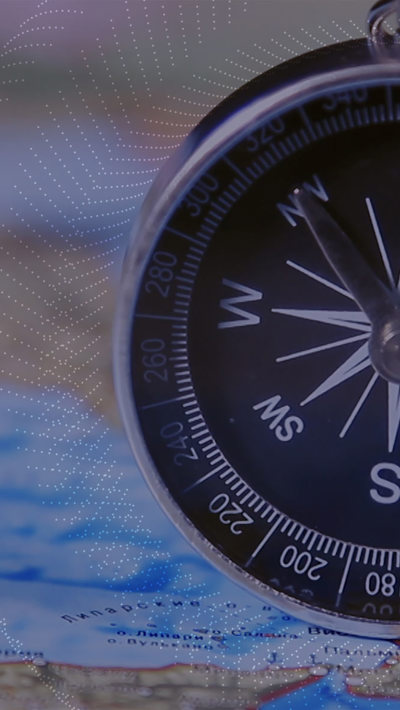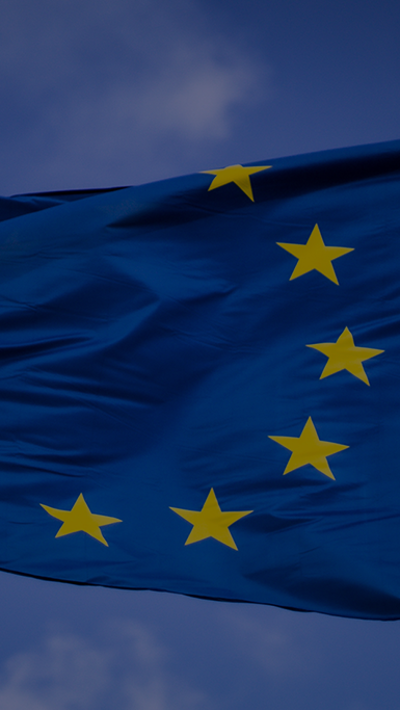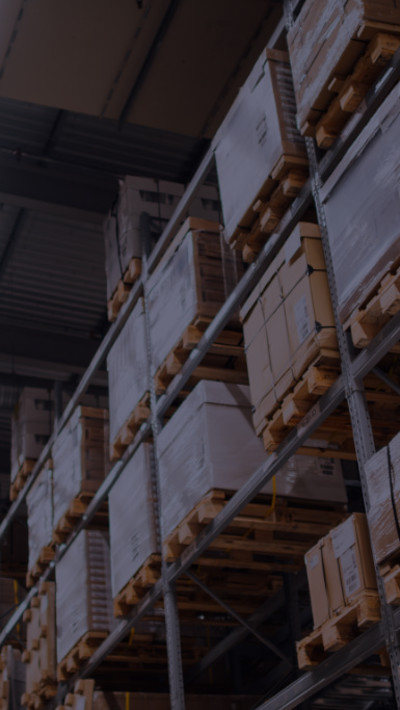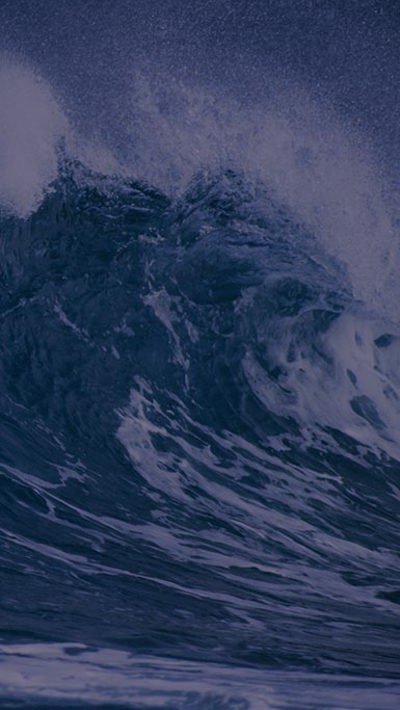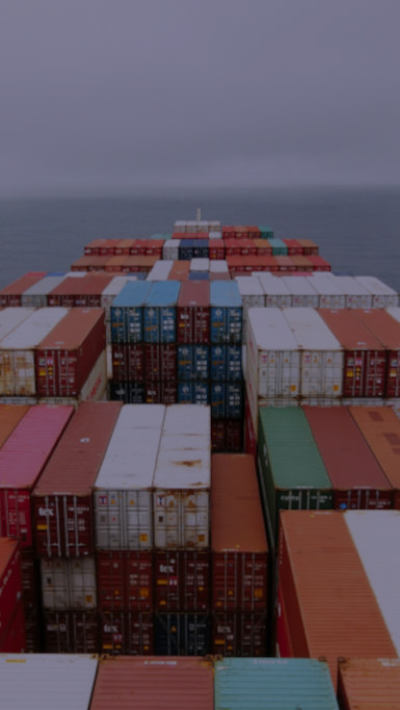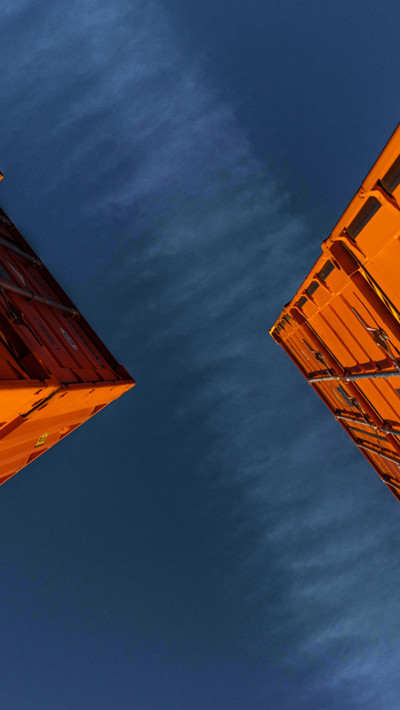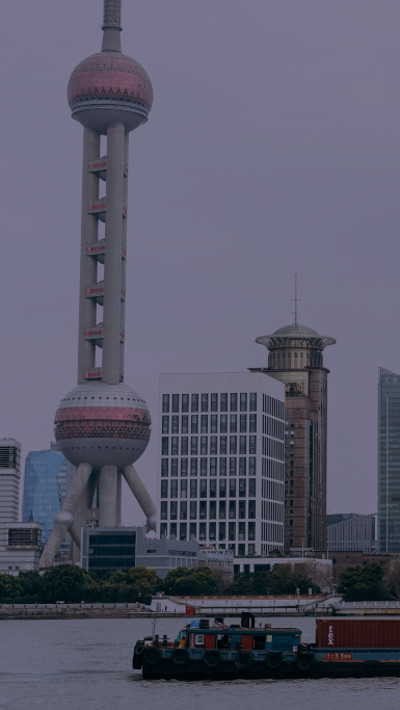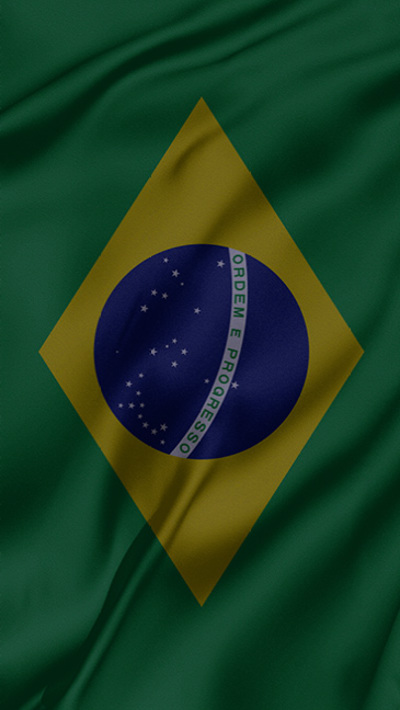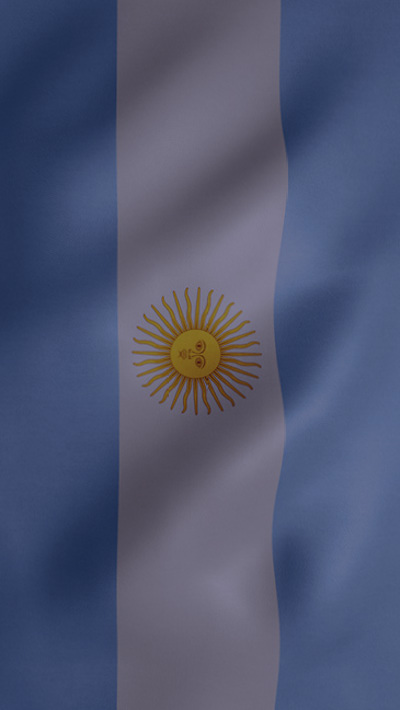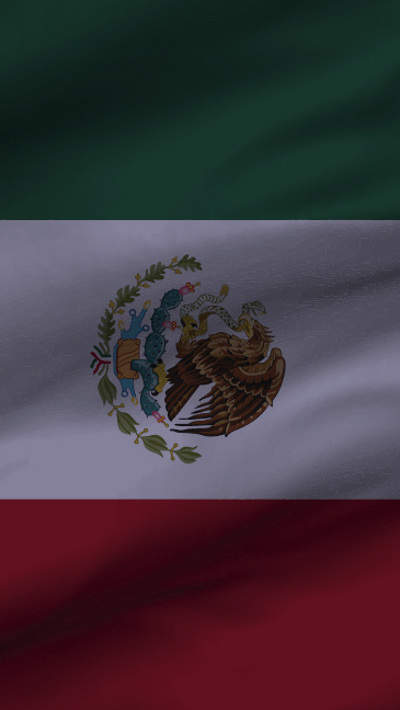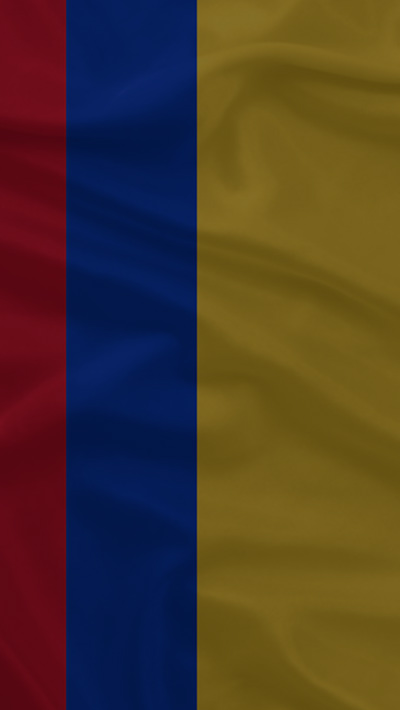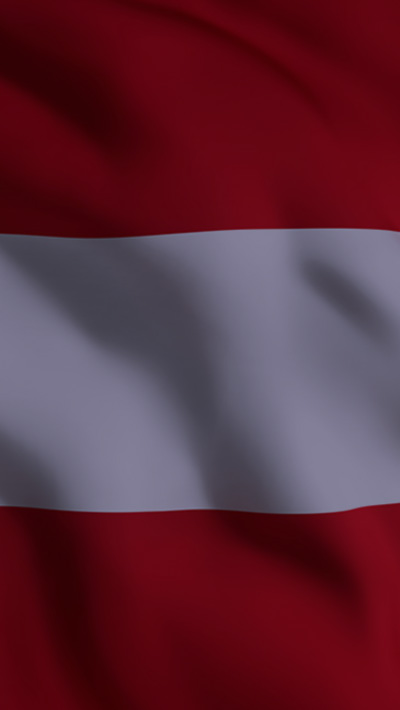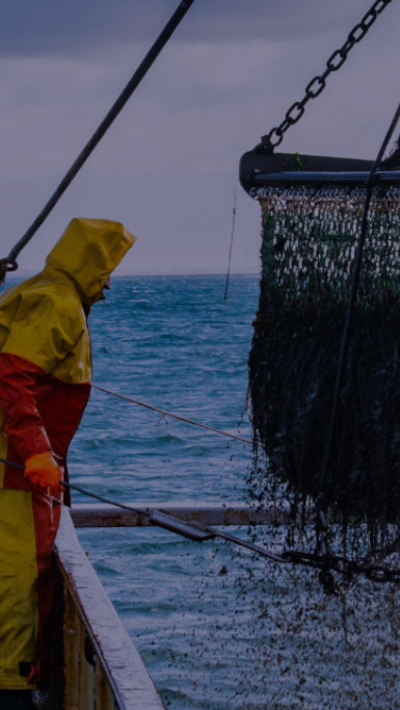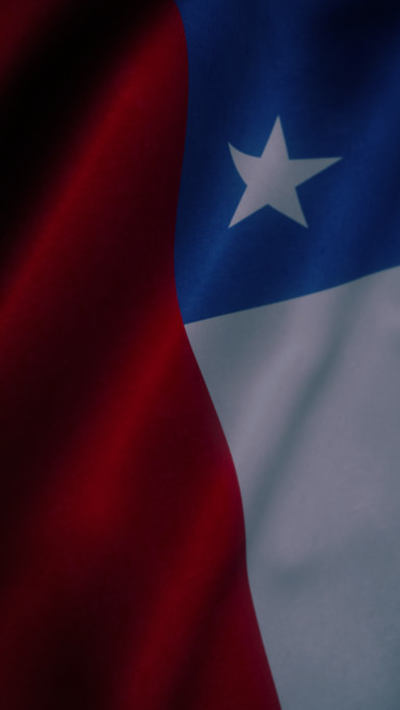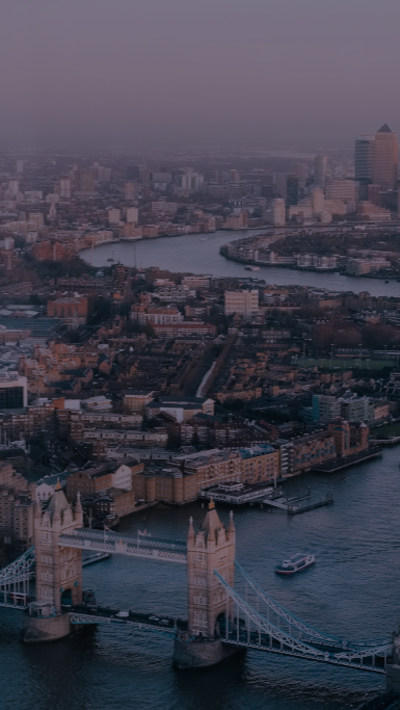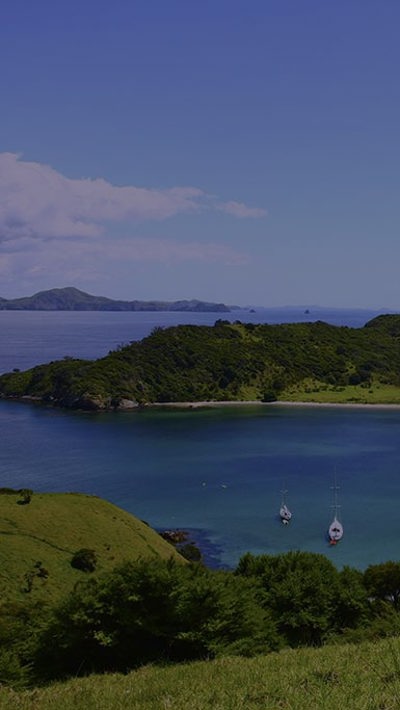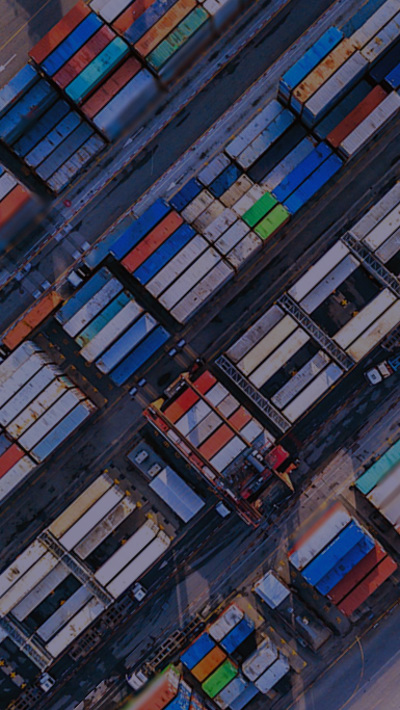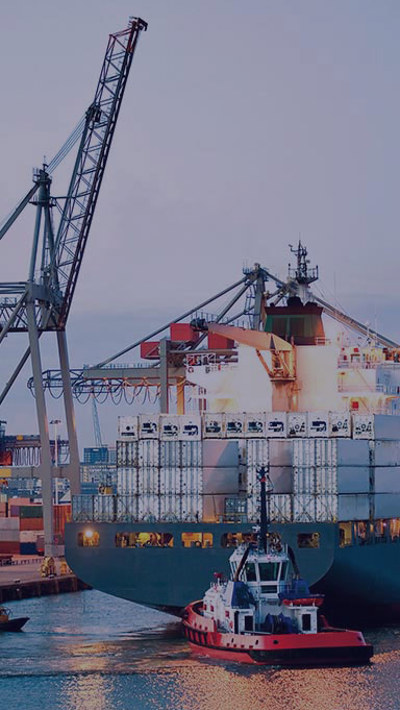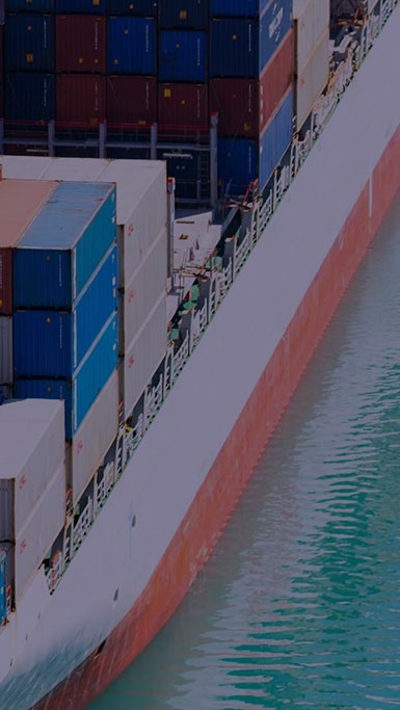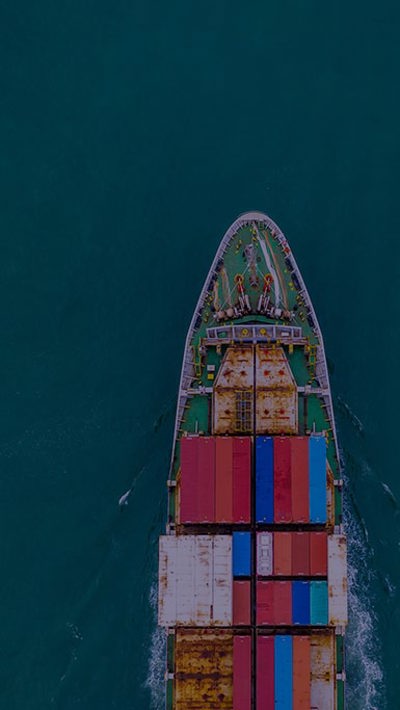Contents
New Zealand’s new sanctions regime against Russia and Belarus was amended on 19 April. The Amendment Regulations significantly expand the sanctions introduced in March via the Russia Sanctions Act 2022 and the Russia Sanctions Regulations 2022.
The changes prohibit certain exports to Russia and Belarus, including a range of industrial, electrical and technical goods, and introduce a new 35% tariff on imports of all Russia-originating goods. The changes also place new sanctions on a range of Russian banks and clarify requirements on entities holding securities issued by sanctioned entities.
The changes came into effect on 20 and 25 April.
New banks added to the list of sanctioned persons
A total of 18 banks have been added to the list of sanctioned persons, including Credit Bank of Moscow, Sberbank, VTB, SMP Bank, Sovcombank, and Gazprombank.
Prohibition on exports
A range of specified goods are now generally prohibited from export to Russia or Belarus. The goods are listed in Schedule 3 by reference to the Harmonised System code as used in New Zealand’s Working Tariff Document (available here) and include specified items in the following categories:
- Fluorine, chlorine, bromine and iodine (Chapter 28);
- Photographic or cinematographic goods (Chapter 37);
- Glass and glassware items (Chapter 70);
- Copper foil (Chapter 74);
- Boilers, machinery and mechanical devices (Chapter 84);
- Electrical machinery and equipment and parts; sound/television image and sound recorders and reproducers, and parts/accessories (Chapter 85);
- Vehicles other than railway or tramway rolling stock, and parts/accessories (Chapter 87);
- Aircraft, spacecraft, and parts (Chapter 88);
- Ships, boats and floating structures (Chapter 89);
- Optical, photographic, cinematographic, measuring, checking, precision, medical or surgical instruments and apparatus; parts/accessories (Chapter 90); and
- Manufactured articles – types of lights (Chapter 94).
35% tariff on imports
All goods imports from Russia are now subject to a tariff of 35% of the value of the goods. This is a significant increase over existing tariffs which are typically less than 10%. The increase does not apply to goods already en route to New Zealand as of 25 April 2022.
Prohibition on dealing with shares or other securities of a sanctioned person
The Amendment Regulations clarify the rules related to dealing with shares or other securities of a sanctioned person. New Zealand persons are prohibited from acquiring such shares or other securities, or dealing with them in any other way that would benefit a sanctioned person. However, the Regulations do not prevent a New Zealand person from holding or disposing of such shares or securities (as long as it is not to a sanctioned person).
Duty holders
The Amendment Regulations define a person as a duty holder if they are “in trade” and buy or sell specific items above $10,000. These include various items of jewellery, precious metals, protected foreign objects, artistic objects (including paintings and photographs), cultural artefacts, motor vehicles and ships.
Section 15 of the Russia Sanctions Act 2022 requires certain persons (“duty holders”) to report suspicions about assets or services to the Commissioner of Police where:
- they are in possession or immediate control of assets that they suspect on reasonable grounds are either designated assets or owned/controlled by a designated person; or
- they are to deal or are dealing with services that they suspect on reasonable grounds are, or may be, designated services or services in relation to a designated person.
Change to the definition of ownership or control
Associates of sanctioned persons are also caught by the regime, including entities owned or controlled by sanctioned entities. The threshold for the definition of ownership and control of an entity has now increased from 25% to 50% or more. This means that a person is now only considered to own or control an entity if they have:
- a beneficial entitlement to, or a beneficial interest in 50% or more of the interests, or rights to participate, in any capital, earnings, royalties, or other asset of the entity; or
- the power to control the composition of 50% or more of the entity’s governing body; or
- the right to exercise or control the exercise of 50% or more of the voting power at a meeting of the entity.
This change goes in the opposite direction to the other changes in that it is a relaxation rather than a toughening of the sanctions regime. This reflects practical difficulties identifying entities where a sanctioned person owns less than 50%.
Exemption for humanitarian organisations
Humanitarian organisations are exempted from any of the sanctions imposed by the Regulations so long as they are carrying out humanitarian activities. Humanitarian organisations are defined as being the United Nations, the International Red Cross and Red Crescent Movement, and non-governmental organisations accredited under the New Zealand Disaster Response Partnership.
Our comment
The Amendment Regulations require increased diligence on the part of New Zealand businesses. They tread new ground in explicitly targeting all imports from Russia and specified exports. New Zealand importers and exporters from/to Russia will find their ability to continue is being increasingly tightened.
Read our previous commentary: A close look at the Russia Sanctions Act





